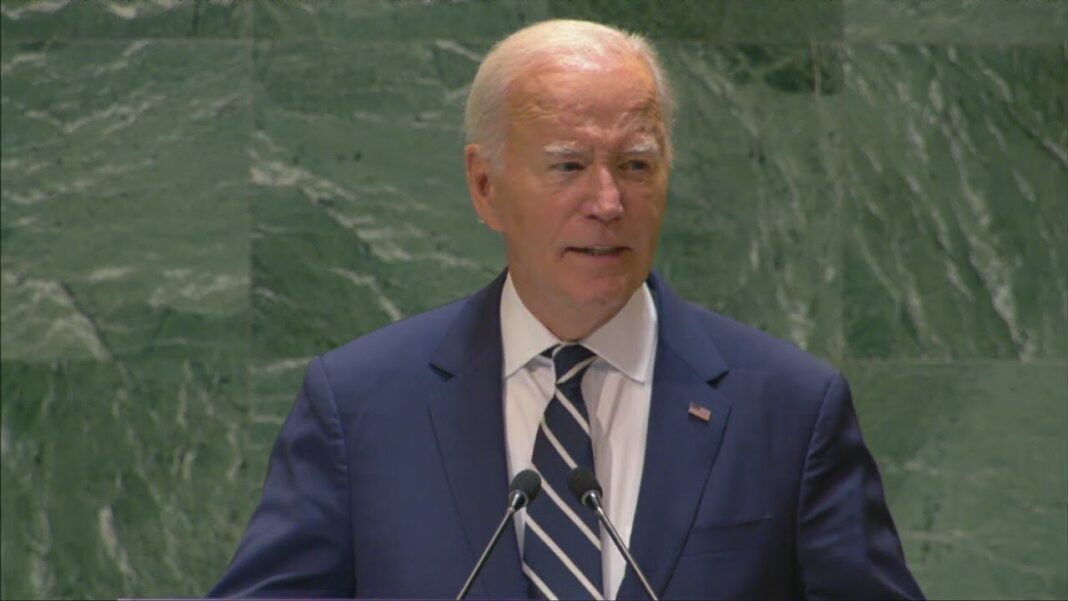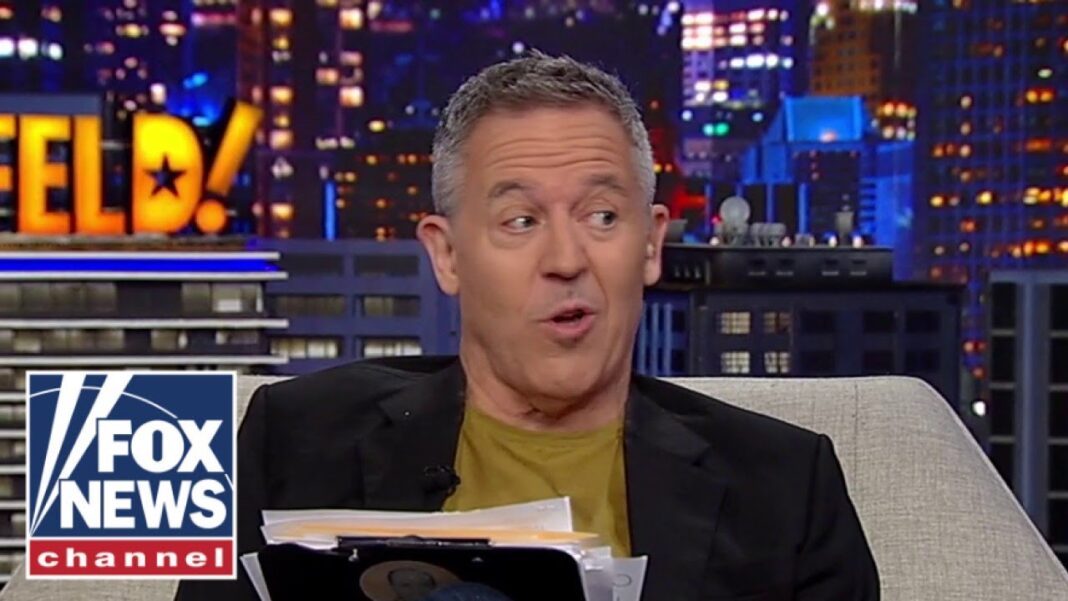President Joe Biden’s last appearance as president before the United Nations General Assembly on Wednesday was a mixture of truths, half-truths, and outright deception.
While he attempted to highlight unity and hope, his speech has been met with skepticism, particularly on whether his administration’s policies have effectively improved global or even domestic stability.
While Biden addressed the escalating violence between Israel and Hezbollah, his call for diplomacy lacks concrete action and may not be enough to prevent a wider war. Many also felt that his stance on the Israeli-Palestinian conflict was vague, as Biden urged a ceasefire but didn’t offer a clear path forward.
And while Biden reaffirmed U.S. support for Ukraine, many people have questioned whether the continued financial and military aid to Ukraine is sustainable, especially with growing domestic opposition. There are also concerns about his handling of Russia’s influence, especially since his administration has failed to sufficiently deter Moscow from escalating the war.
Domestically, Biden’s speech was criticized for focusing too much on defending his legacy rather than proposing new strategies to address ongoing crises. As his term comes to an end, Biden is more concerned with how history will view his presidency rather than engaging in efforts to improve the lives of ordinary Americans.
Inflation continues to be a significant concern in the U.S. despite some improvement from the peaks seen in 2022.
Biden has not done enough to tackle persistent price increases in essential sectors like housing, healthcare, and food.
While the president has touted the Inflation Reduction Act, its impact on actual consumer costs has been limited, and inflation remains a burden for middle- and lower-income families.
Americans are concerned over interest rate hikes by the Federal Reserve, which, while aimed at controlling inflation, have increased borrowing costs, affecting home buyers and businesses.
Biden has not effectively addressed how these economic pressures are hitting ordinary Americans.
Border security and the ongoing migrant crisis were notably absent from Biden’s speech, drawing criticism from Republicans and some centrist Democrats. The U.S. southern border has seen record numbers of migrants entering the country in the last few years. The administration’s policies have been too lenient, leading to an increase in violent crime, overwhelmed border facilities, and strained resources in border states.
Biden has failed to find a long-term solution for immigration reform, despite promising to tackle the issue during his campaign.
The justified claim that Biden now rivals Jimmy Carter as the worst American president of the modern era—and potentially of all time—centers around a few key criticisms that parallel their presidencies, particularly in terms of domestic and foreign policy failures.
Both Carter and Biden have faced significant economic challenges during their presidencies, with inflation being a central issue. In the late 1970s, Carter’s presidency was marked by “stagflation”—a combination of high inflation, high unemployment, and stagnant economic growth.
Biden, in turn, has been criticized for soaring inflation rates following the COVID-19 pandemic, exacerbated by supply chain disruptions and economic policies that critics argue fueled excessive spending without adequately addressing inflationary pressures.
For Carter, inflation reached a peak of over 13% in 1980, which heavily damaged his re-election prospects.
Under Biden, inflation surged to over 8% in 2022, affecting everyday Americans with higher prices for food, fuel, and housing. Some attribute this to the economic stimulus measures undertaken by his administration and the Federal Reserve’s delayed response in curbing inflation.
Both presidents are also associated with rising societal and political disorder during their tenures.
Carter faced widespread dissatisfaction, most notably highlighted by the Iran Hostage Crisis and fuel shortages that contributed to a national sense of malaise.
Biden has been criticized for social and political unrest, including ongoing tensions over issues like race relations, rising crime rates, and deep political polarization in the U.S. The chaotic withdrawal from Afghanistan in 2021 also dealt a major blow to public perception of his leadership.
Carter’s foreign policy approach was often viewed as idealistic, prioritizing human rights over strategic concerns, which critics argued weakened America’s global standing. His administration’s handling of the Iran Hostage Crisis, where 52 Americans were held for 444 days, is often seen as a symbol of U.S. weakness and incapacity to project power abroad. Additionally, the Soviet invasion of Afghanistan in 1979 marked a significant blow to U.S. influence during the Cold War.
Similarly, Biden has undermined American power and credibility on the global stage, particularly in dealing with adversaries like China and Russia.
The disastrous withdrawal from Afghanistan in 2021, which left the Taliban in control of the country after 20 years of U.S. involvement, is seen as a symbol of American retreat, emboldening authoritarian regimes worldwide.
The invasion of Ukraine by Russia in 2022 occurred during Biden’s tenure, and while the administration has provided substantial support to Ukraine, his policies were not robust enough to deter Putin from initiating the war in the first place.
Both Carter and Biden are viewed as having adopted a foreign policy stance that treats American power more as a problem than a tool for maintaining global stability.
Carter’s emphasis on human rights left the U.S. vulnerable to challenges from the Soviet Union and Iran, while Biden’s emphasis on withdrawing from “forever wars” and reducing direct U.S. intervention is seen by many as ceding ground to rivals like Russia and China.
Biden and Carter are both one-term Democratic presidents who presided over economic turmoil, social unrest, and significant foreign policy failures.
Carter’s inability to manage both domestic and international crises contributed to his 1980 defeat by Ronald Reagan, and Biden is following a similar trajectory with looming economic uncertainty and growing international instability under his administration.
While he emphasizes international issues, Biden has not done enough to address the significant domestic challenges that affect Americans’ day-to-day lives. Biden needs to prioritize these issues more effectively as his presidency nears its conclusion.






